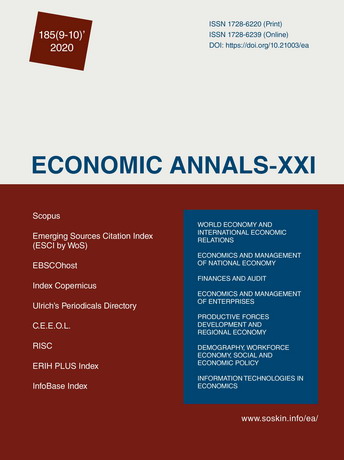Relationships between cycle theories, sustainable tourism, and the effects of the COVID-19 in Hungary
Relationships between cycle theories, sustainable tourism, and the effects of the COVID-19 in Hungary
Author(s): Bulcsú Remenyik, Dániel Horváth, Laszlo VasaSubject(s): Economy, Tourism
Published by: Institute of Society Transformation
Keywords: Cycle Theories; Sustainable Tourism; COVID-19; Hungary;
Summary/Abstract: Examining cycle theories calls our attention to the fact that tourism will be described by descending and ascending curves within certain periods in the future. According to cycle theories, the downturn in the tourism industry will continue from four to five years. According to the study conducted by the authors, domestic tourism will become more intensive, trips will have spatial limitations, the length of stay will increase, and cars will be the most popular means of transport. As part of the research, the authors surveyed 230 respondents concerning tourism activities. An in-depth interview was carried out with Zoltan Somogyi, a former Deputy Secretary General of the UNWTO, about the possibilities of solving the effects of COVID-19. To address COVID-19 challenges, the Hungarian government is required to make quick decisions. Demand needs to be diversified, and new sustainable tourism products need to be introduced. Visits to Hungary should be extended in space and time, and an interest in domestic tourists in the state should be increased by implementing strong marketing. More serious regulations should be adopted with the participation of local entrepreneurs; more consideration should be given to contactless technologies. In the post-COVID-19 period, the overtourism in Hungary should be replaced by sustainable and creative tourism.
Journal: Економічний часопис - ХХІ
- Issue Year: 185/2020
- Issue No: 09-10
- Page Range: 79-90
- Page Count: 12
- Language: English

